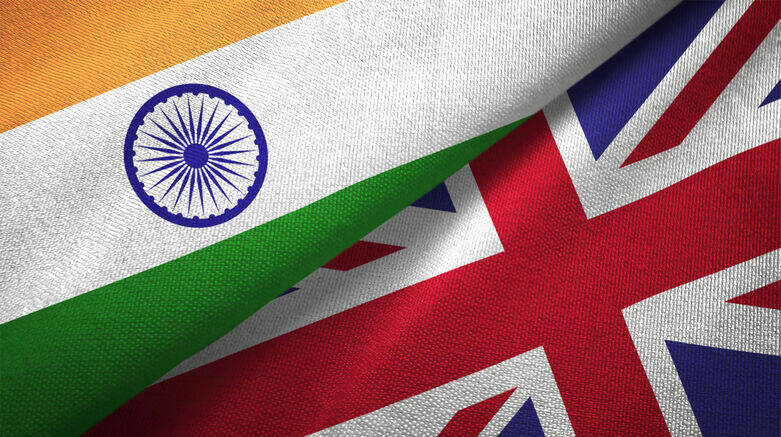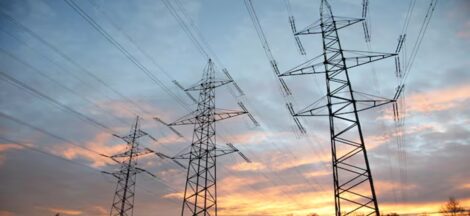NEW DELHI: After a gap of eight months, India and the UK will resume negotiations on a free trade agreement (FTA) on Monday under the shadow of Trump tariffs that have plunged the world into uncertainty.
Prior to the opening of the 15th round of negotiations, UK secretary of state for business and trade Jonathan Reynolds will hold a bilateral meeting with commerce and industry minister Piyush Goyal. Reynolds’ visit to India comes amid the personal storm he faces at home over allegedly falsifying his legal career.
The FTA negotiations were paused in May 2024 because of the general elections in both India and the UK. “The Trump tariffs can impart some urgency to the negotiations though it will have to be seen,” trade expert Abhijit Das said. The subject of tariffs that the US is talking of imposing on the countries with which it has a trade deficit could be a part of discussions in the bilateral meeting between Goyal and Reynolds, he added.
Since the last round of talks, India has on its own brought down import duties on cars, motorcycles and even select bourbon whiskey, which is produced in the US. A proposal has also been moved in Parliament to increase the foreign direct investment (FDI) limit in insurance to100%. Lower duties on cars and insurance liberalisation address some of the key demands of the UK, but India may still not offer to write down the latest import duties or FDI limits in the FTA and commit to it unless it gets anything in return.
The UK is the 16th-biggest trading partner of India. “The changes have been done autonomously and can be reversed but if they become part of FTAs then companies in the UK will continue to enjoy the concession,” founder of Global Trade Research Initiative Ajay Srivastava said.
Both Das and Srivastava were of the view that India should seek clarity on how the carbon tax that the UK will collect from January 2027 will be neutralised after the FTA. “If CBAM comes even after the FTA then the agreement does not make sense,” Das said.
The UK’s Carbon Border Adjustment Mechanism (CBAM) is similar to that of the European Union (EU). However, it will be tax-based and not based on the price of excess carbon emission during the production of a product. The UK will start by imposing a tax on imports of iron, steel, aluminium, cement and hydrogen. Later, it will go on to cover all products.
Srivastava said that because there has been a big gap between the two rounds of negotiations, India should not agree to reopening the chapters or policy areas where agreement has been reached. Sometimes countries do request reopening of discussions on areas already agreed upon.
The negotiations on the India-UK FTA started in January 2022 and it deals with 26 chapters or policy areas. Majority of chapters have been closed or are in an advanced stage of negotiations, officials say.
Apart from tariffs on some key products like motor vehicles and whiskey, the issues where the talks are taking longer are the demand for ease of movement of skilled professionals from India and greater concessions in the services sector by the UK side. Other issues where talks are taking longer is intellectual property.
Apart from the FTA, India and the UK are also negotiating a bilateral investment treaty. In April-November, the merchandise trade between the two countries stood at $15 billion with India’s exports at $9.6 billion and imports at $5.4 billion.
Source: The Financial Express




 US Reciprocal Tariffs May Hit Exports Of India-Made iPhones, Auto Parts
US Reciprocal Tariffs May Hit Exports Of India-Made iPhones, Auto Parts 